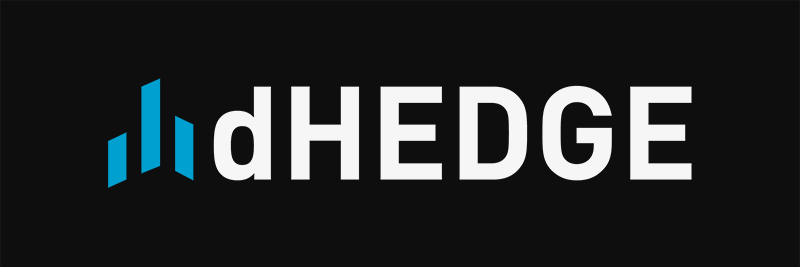I am currently working on a project to integrate Superfluid into dHedge protocol. The project will allow dollar cost averaging use-cases (DCA). Superfluid allows for streaming tokens into a contract/EOA.
The issue that I am facing is that currently, a manager can choose to change deposit assets at his/her will. This would mean that people who have opened a stream of a particular deposit token will have to change the token. Reminding them or informing them of the change of deposit token is not possible to do on-chain (unless one uses something like EPNS).
I would like exploring the idea of having a persistent asset or assets in every pool. By persistent asset I mean that this token will always be accepted for deposits. This way, I can warn users that deposit assets are subject to change except for a persistent asset. I understand that managers might not prefer a token in large quantities as this would mess up their pool balances and they might have to rebalance often and hence I think a stablecoin would be the best option for such a kind of persistent asset. If someone has a different opinion/solution to my problem, I am happy to discuss the same !
